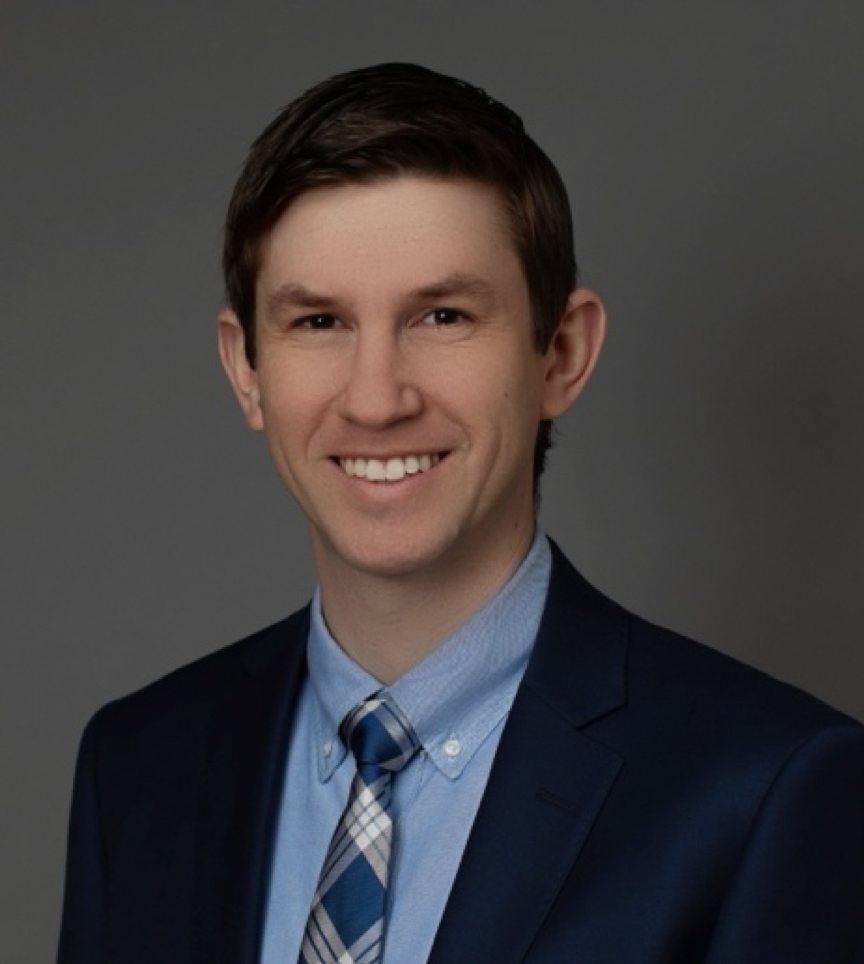Brooks Udelsman1, Jin Ye Yeo2
1Thoracic Surgery Division, Department of Surgery, Keck School of Medicine of USC – Los Angeles, CA, USA; 2VATS Editorial Office, AME Publishing Company
Correspondence to: Jin Ye Yeo. VATS Editorial Office, AME Publishing Company. Email: vats@amegroups.com
This interview can be cited as: Udelsman BV, Yeo JY. Meeting the Editorial Board Member of VATS: Dr. Brooks Udelsman. Video-assist Thorac Surg. 2024. Available from: https://vats.amegroups.org/post/view/meeting-the-editorial-board-member-of-vats-dr-brooks-udelsman.
Expert introduction
Dr. Brooks Udelsman (Figure 1) is a thoracic surgeon with an interest in minimally invasive thoracic and foregut surgery. He did his general surgery residency at the Massachusetts General Hospital followed by a fellowship in cardiothoracic surgery at Yale-New Haven Hospital. Currently, he is an assistant professor of clinical surgery at the Keck School of Medicine of USC.He is author or co-author of multiple papers published in high impact thoracic and general surgery journals including Annals of Thoracic Surgery, Journal of Thoracic and Cardiovascular Surgery, and Annals of Surgery. He has expertise in large dataset analysis and natural language processing.

Figure 1 Dr. Brooks Udelsman
Interview
VATS: Can you share your journey into thoracic surgery and what motivated you to specialize in minimally invasive techniques?
Dr. Udelsman: I started my general surgery residency with an interest in surgical oncology but quickly gravitated to thoracic surgery after my intern year. I feel there is an enormous benefit of having minimally invasive approaches in thoracic surgery as they can reduce the pain associated with resections. Post-thoracotomy syndrome and the chronic pain associated are major limitations to our field. By performing safe and effective minimally invasive oncologic surgeries, we can improve access and outcomes for our patients.
VATS: Could you provide a brief overview of the current publications in minimally invasive techniques for foregut surgery? Are there any articles that stood out to you?
Dr. Udelsman: I have been particularly impressed with recent publications on minimally invasive sleeve lobectomies (1,2). The ability to safely perform an anastomosis under thoracoscopic guidance is a major advancement for the field.
VATS: Can you share a particularly memorable case that highlights the impact of your surgical techniques, and what challenges did you encounter in that situation? How did that experience influence your approach to surgery?
Dr. Udelsman: I recently had a patient who was in his late 80s with staple line recurrence after a resection in a prior hospital. He had good functional status, but I worried about his ability to tolerate a thoracotomy. Fortunately, we were able to perform his resection in a minimally invasive fashion and he left the hospital two days after surgery. I think he greatly benefited from the advances we have made in surgical techniques.
VATS: What role do interdisciplinary teams play in advancing minimally invasive thoracic surgery, and how do you collaborate with other specialties in your practice?
Dr. Udelsman: We collaborate constantly with oncologists, interventional pulmonologists, and radiation oncologists. I think our patients benefit most when they have the opportunity to receive the expertise of multiple specialists. I present all my patients in our multi-disciplinary tumor board for this very reason.
VATS: Looking back, how have minimally invasive techniques in thoracic surgery evolved? What are your expectations for future innovations, and which emerging trends excite you the most?
Dr. Udelsman: We will have to get used to operating in patients who have received neoadjuvant chemotherapy/immunotherapy. I believe neoadjuvant approaches will become the norm for most of our patients with lung cancer and we will need to hone our minimally invasive techniques accordingly. There is already promising data indicating that minimally invasive resections can be safely performed in these settings.
VATS: What advice would you give to young surgeons who would like to pursue a career in thoracic surgery?
Dr. Udelsman: Read and stay engaged with the field. Thoracic oncology and thoracic surgery are rapidly evolving. This makes it a great field to be in, but also requires continued evolution. The thoracic surgery of today may be very different from the thoracic surgery 10 years from now.
VATS: How has your experience been as an Editorial Board Member of VATS?
Dr. Udelsman: It has been a great experience and provides an opportunity to stay up-to-date on the field. I enjoy evaluating the manuscripts we receive and helping to shape the future of thoracic surgery.
VATS: What are your expectations and aspirations for VATS?
Dr. Udelsman: I hope the journal can continue to grow in content and depth. I hope that we can provide a mix of excellent original studies and reviews for the readership.
References
- Gonzalez-Rivas D, Bosinceanu M, Manolache V, et al. Uniportal fully robotic-assisted sleeve resections: surgical technique and initial experience of 30 cases. Ann Cardiothorac Surg 2023;12(1):9-22.
- Zhong Y, Wang Y, Hu X, et al. A systematic review and meta-analysis of thoracoscopic versus thoracotomy sleeve lobectomy. J Thorac Dis 2020;12(10):5678-5690.
